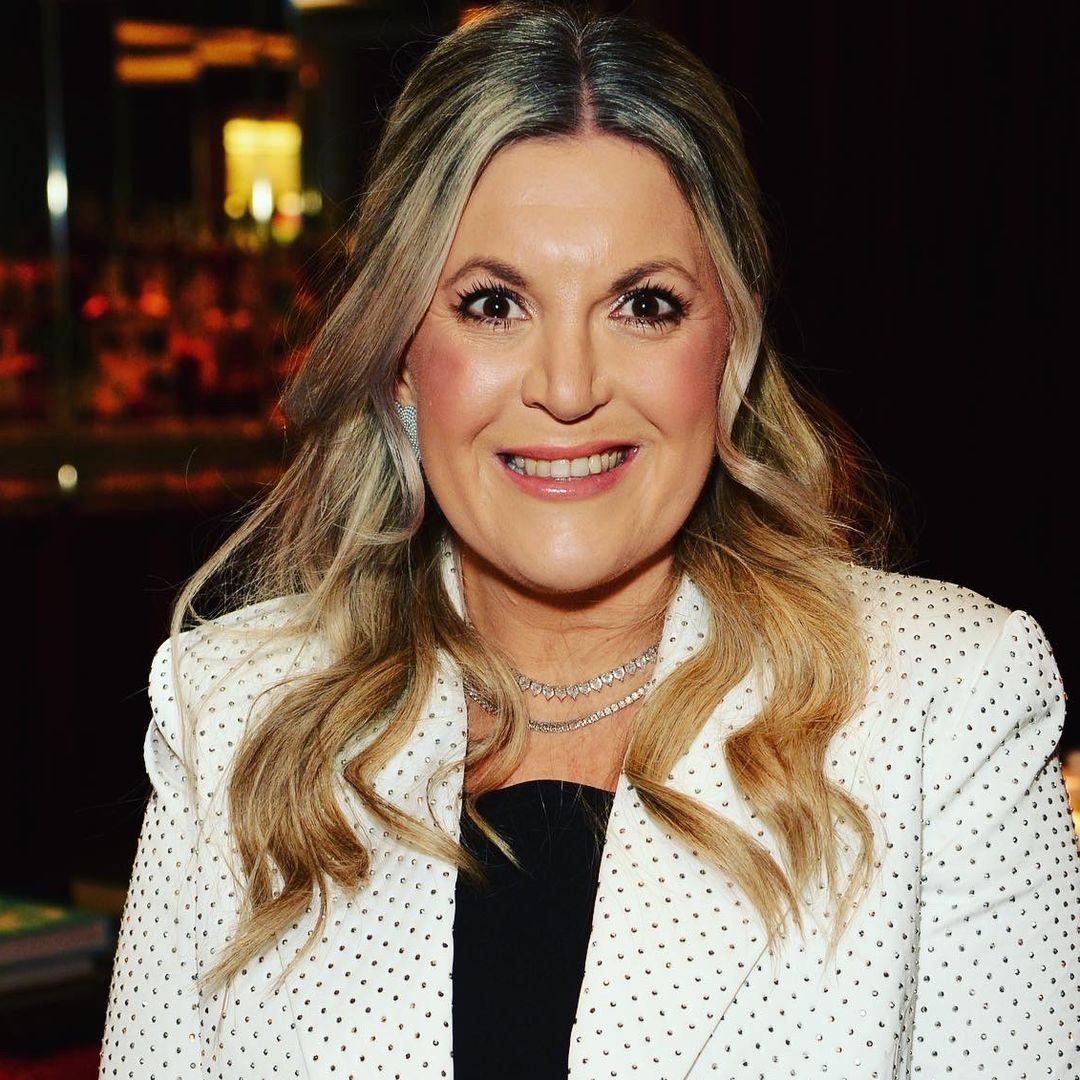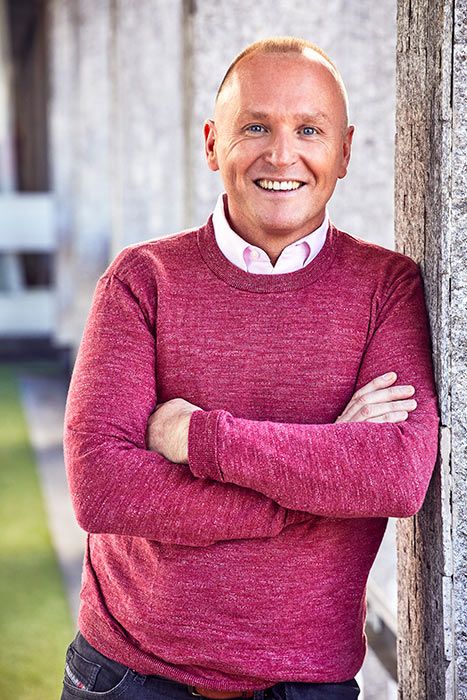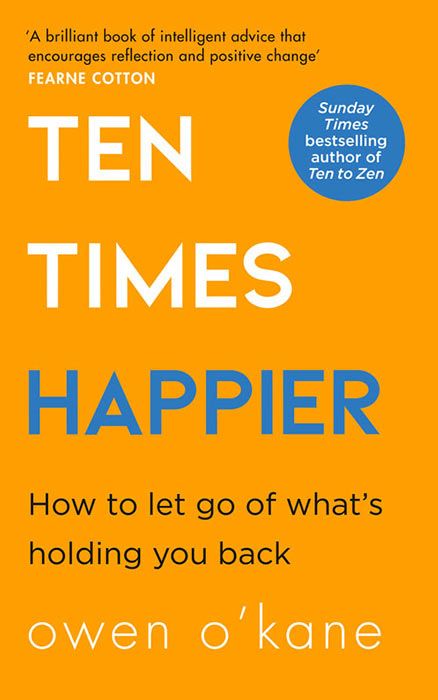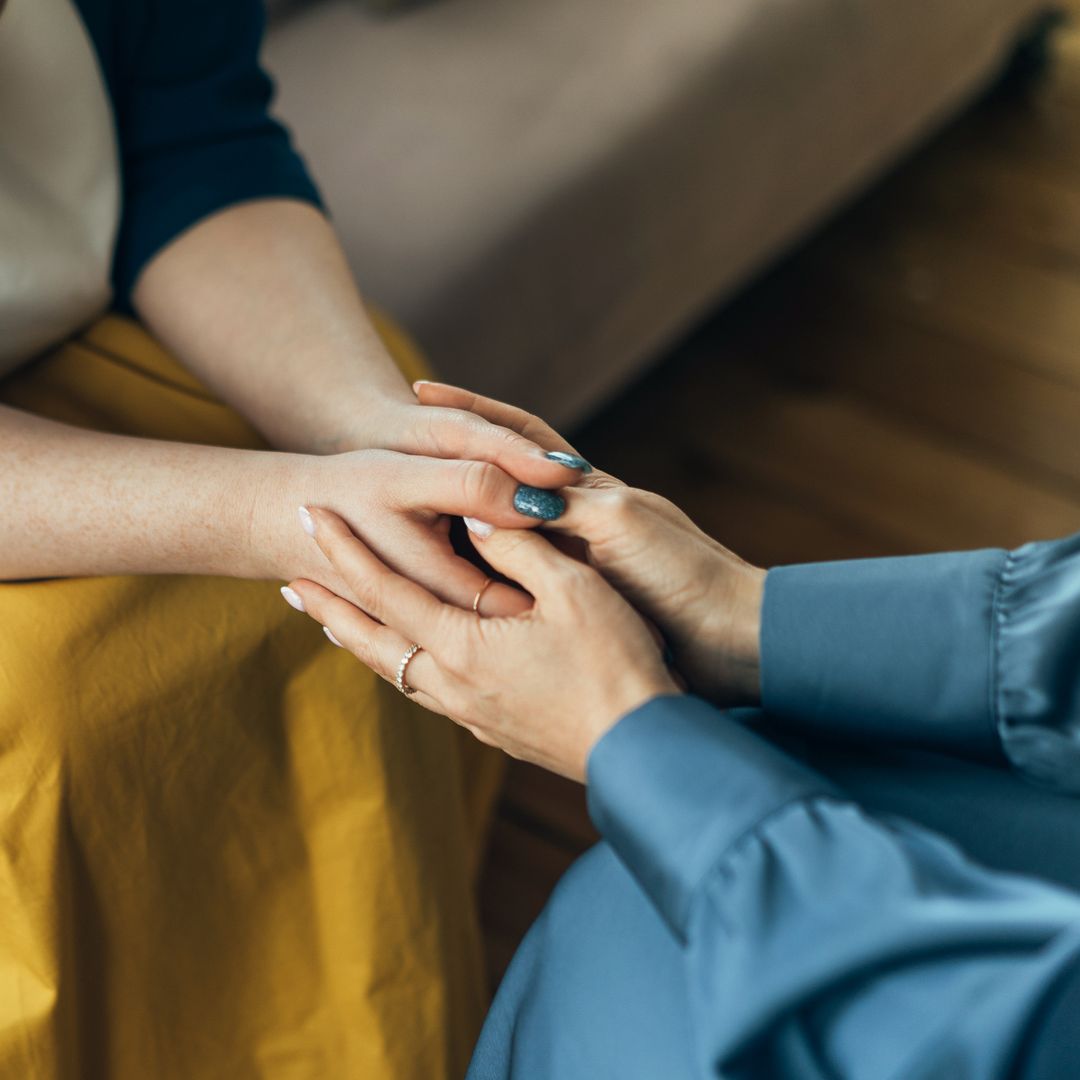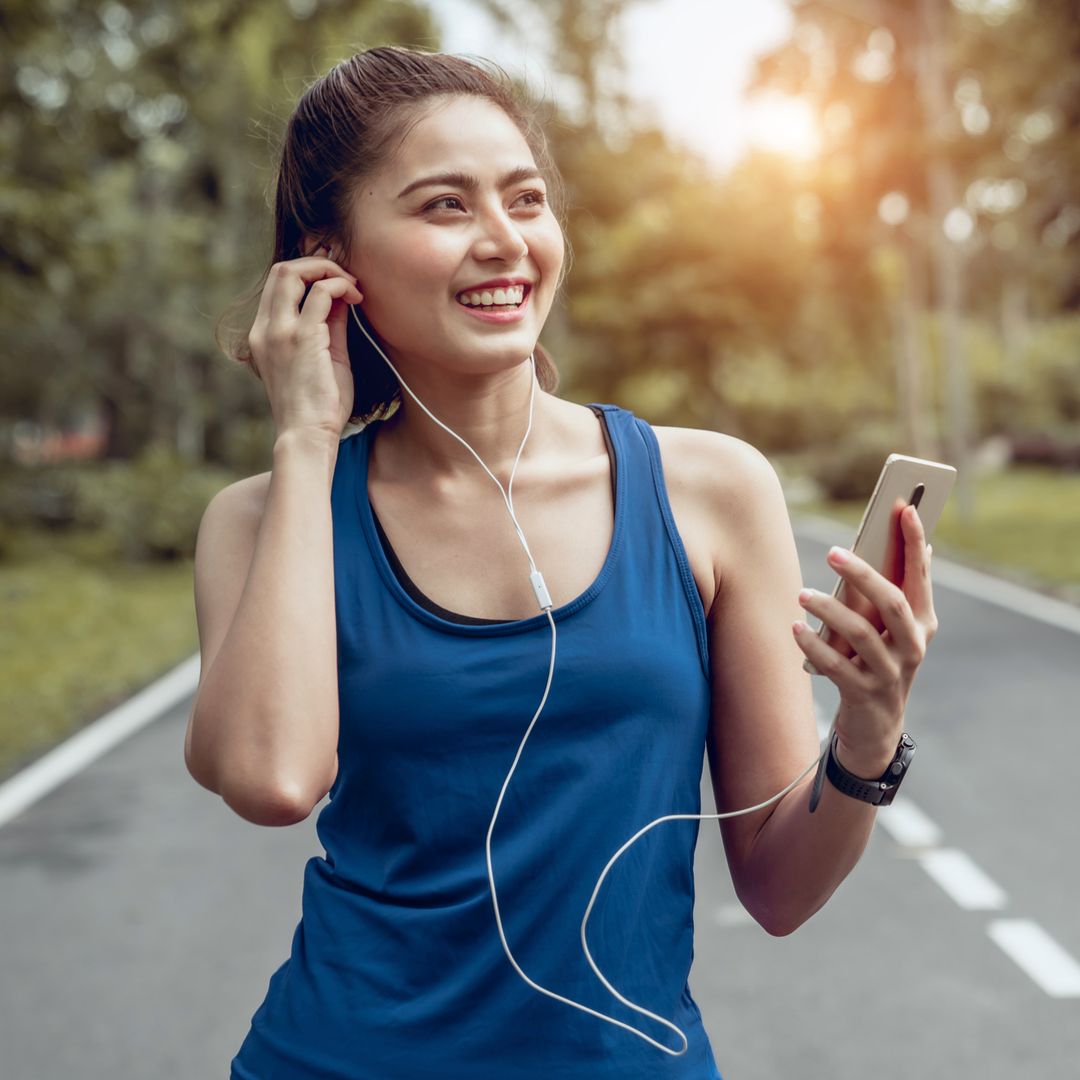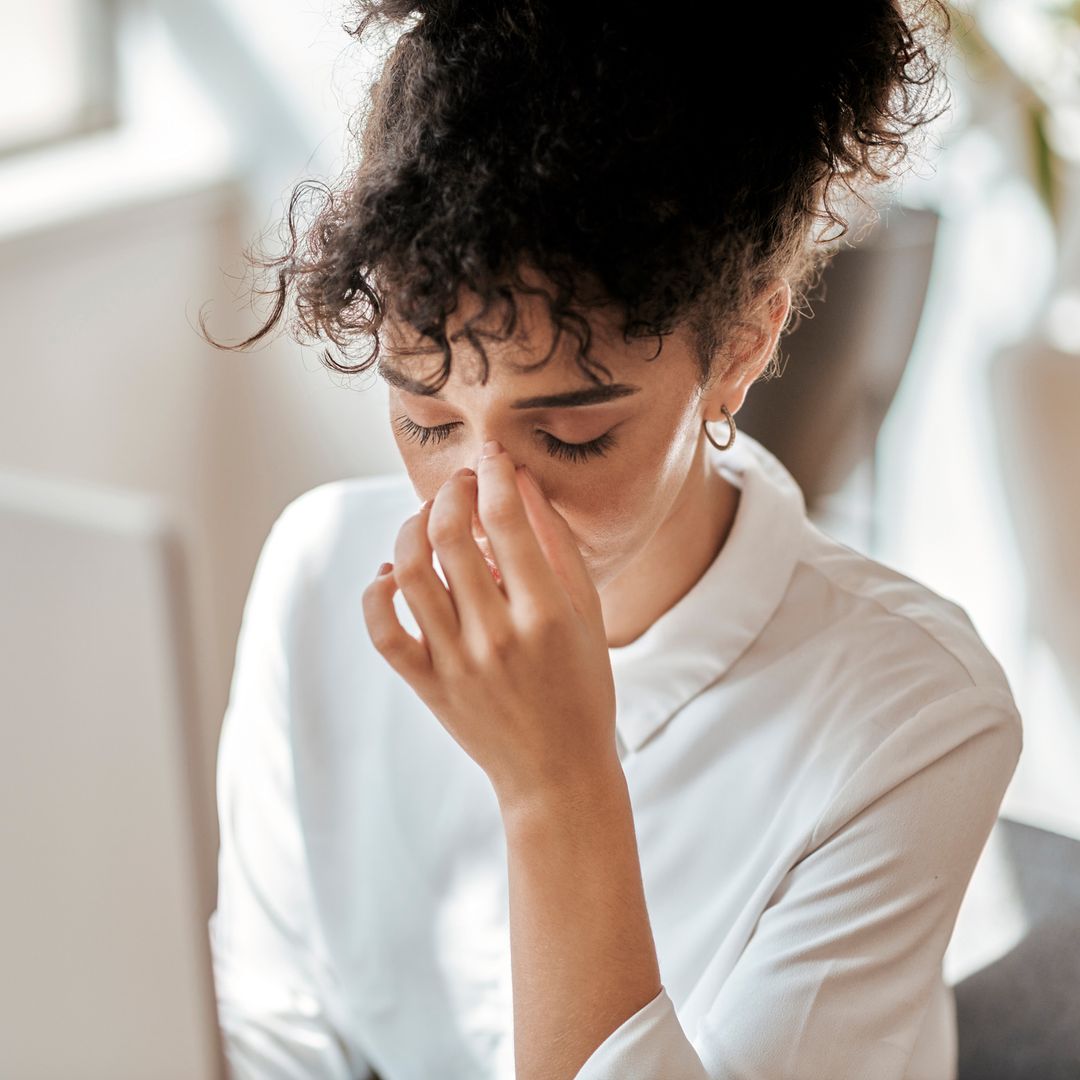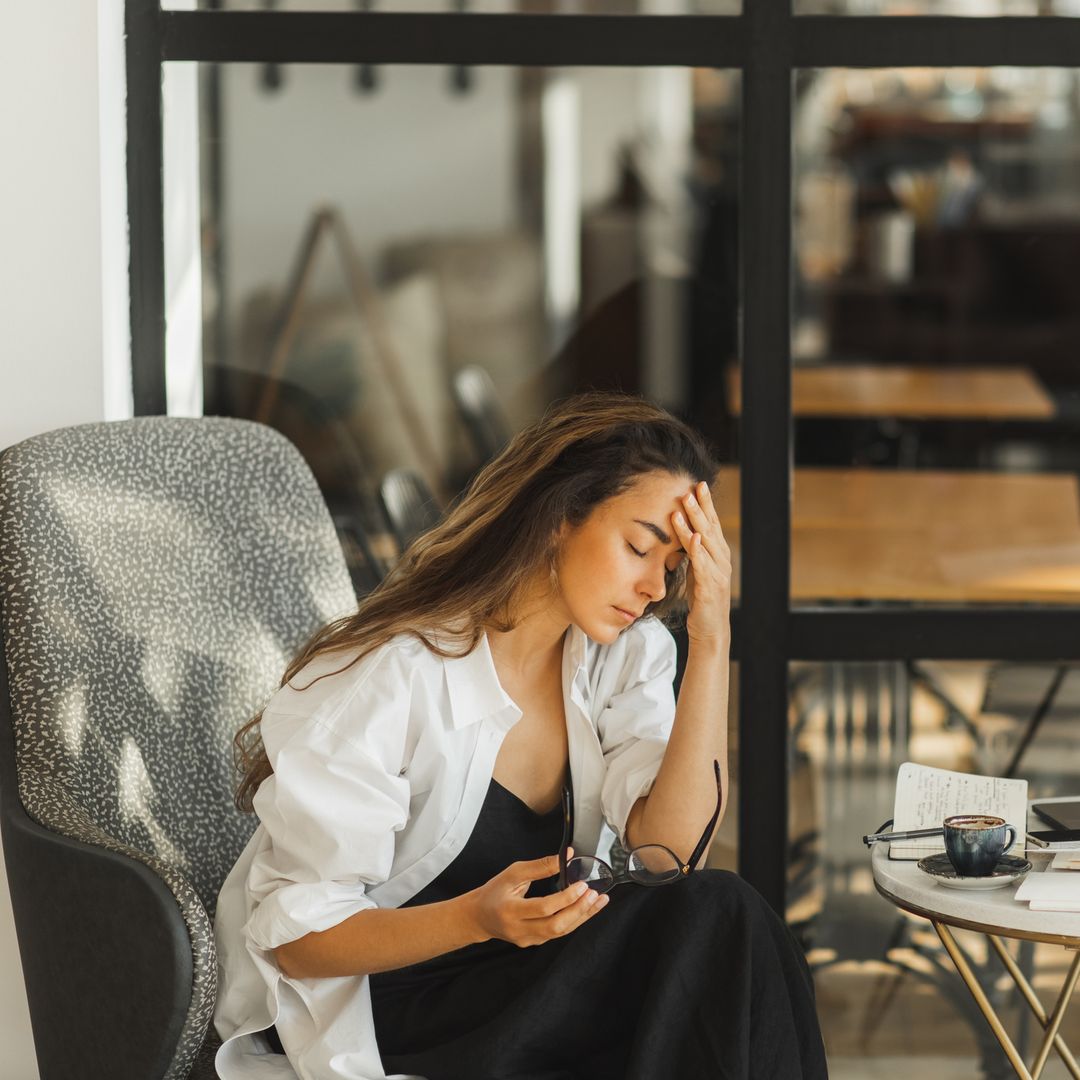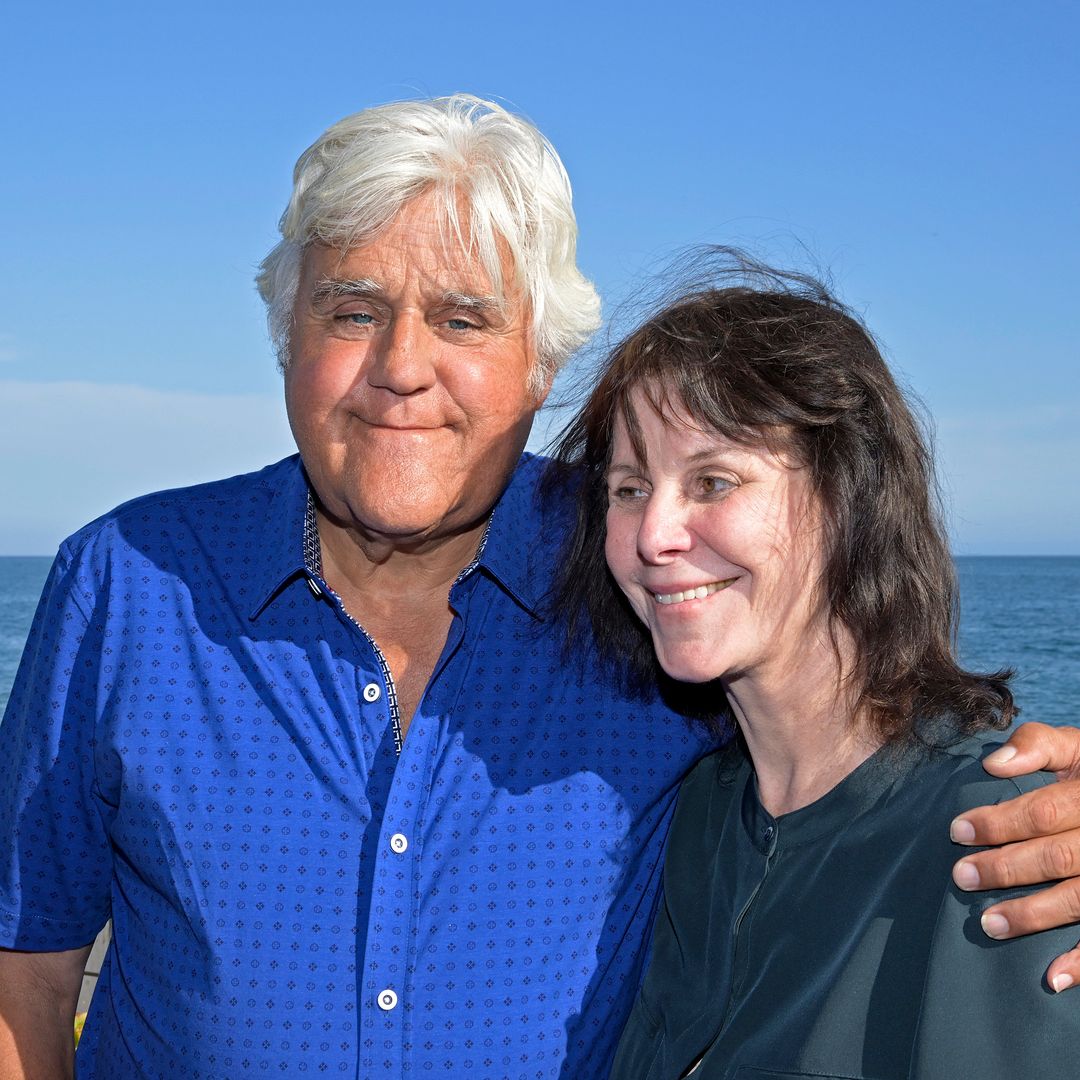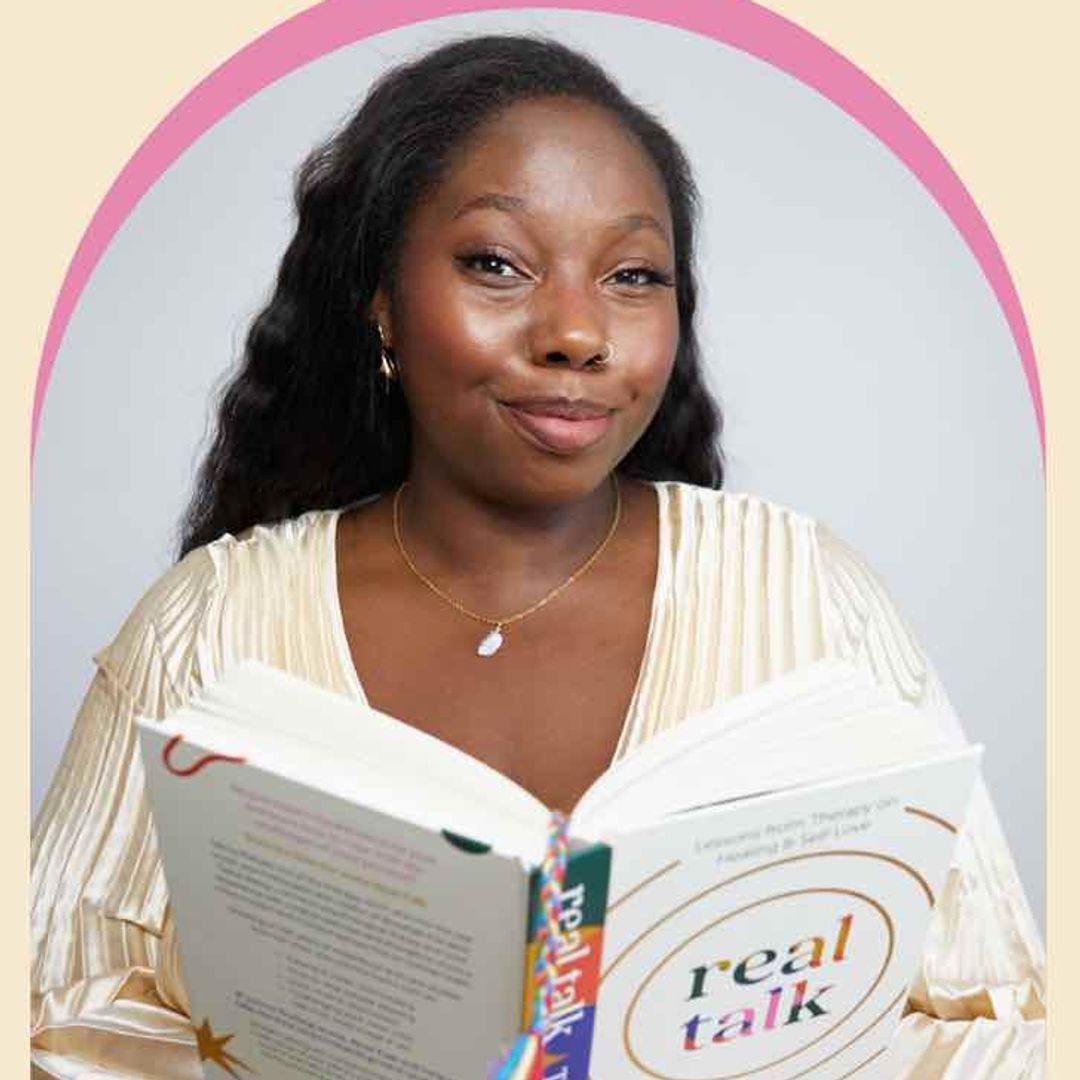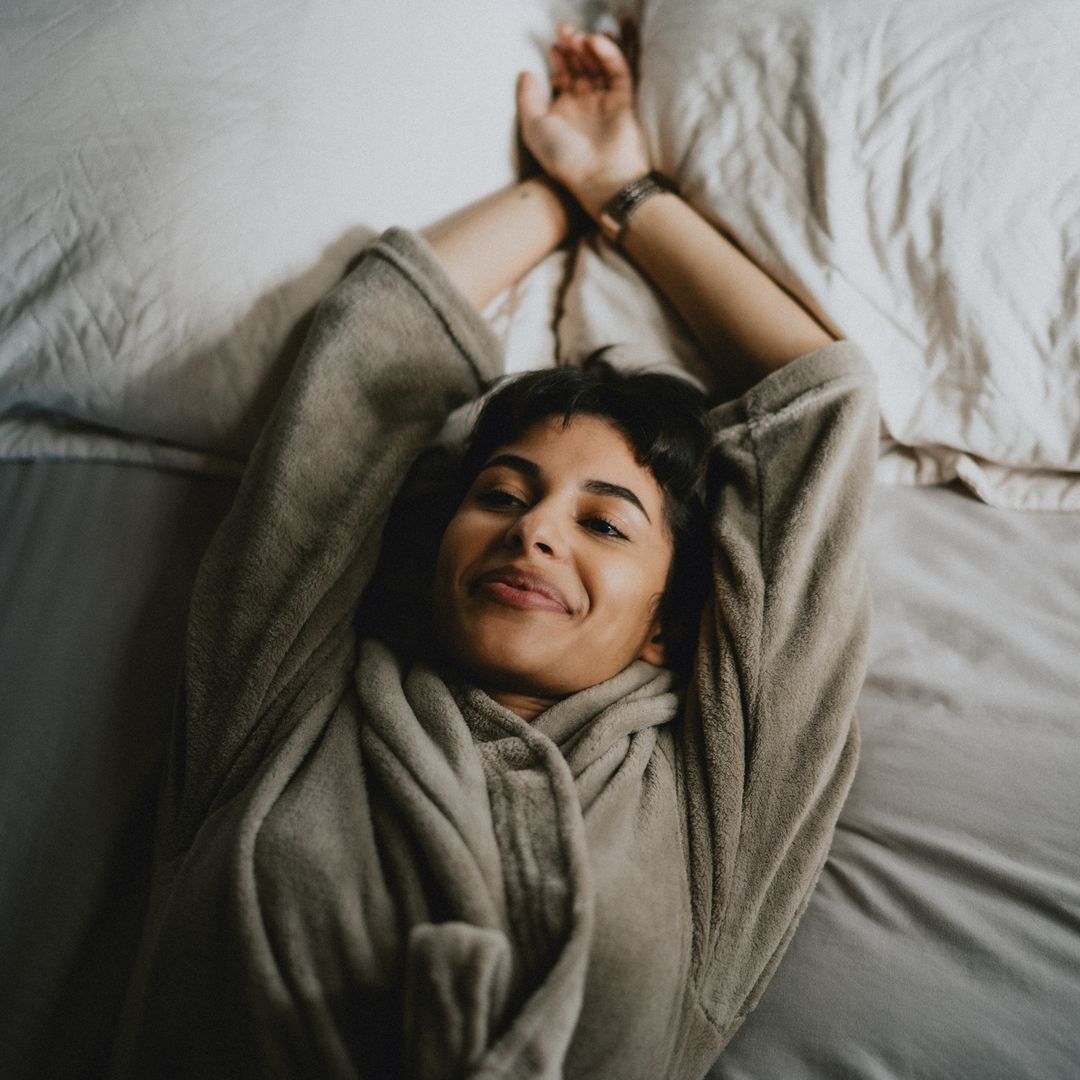Owen O’Kane is a Sunday Times bestselling psychotherapist and former NHS mental health clinical lead, and in an exclusive extract from his new book, Ten Times Happier: How to let go of what’s holding you back, he reveals how to manage your mental health and worry less about the things that you cannot control...
"There are vast amounts of research linking worry to mood alterations. Excessive worry makes us unhappy. When we worry less, we are happier. We are Generation Anxiety and we are worried about many things: our planet, our future, our income, our economy, our politics, climate change, our families, our safety. The list is endless. It seems the only certainty we have in the world today is that we live in uncertainty and therein lies the problem. I am not interested in exploring with you how to get rid of worry. It’s not possible.
Happiness expert Owen O’Kane
"I want to help you manage your relationship with worry. Real changes can happen when this relationship is mastered. It is important to highlight that there isn’t an instant solution for this but there are techniques that work. Unhelpful patterns that have been learned can be unlearned. But this takes time, patience and commitment to retraining your brain. You are learning to respond to worry in a different way so it will take practice. Some days will go well, other days will feel like a disaster. The key point to remember is that every conscious effort to change these patterns moves you a step forward. How you decide to use my suggestions will depend largely on the extent of your worry and your individual patterns. Use whatever works for you and don’t feel the need to follow everything prescriptively to the letter."
RELATED: 7 of the best free apps for your fitness and mental health during lockdown
Owen O’Kane's top tips for worrying less...
Tip 1: Grab a notepad
Make a list of your top worries.
Tip 2: Ask yourself the question: Have any of these worries ever come true?
Most won’t have. However, if the answer is yes to any of the worries, consider changing your thought pattern from what if, to then what. The shift from what if to then what is more resolution-focussed and will lead you to think practically how you will manage a particular situation should something go wrong. It is preferential to powerless entrapment in worry mode. For example, you are due to fly to a friend’s wedding and the worry, what if I miss my flight? arises. You have missed a flight previously so this seems a valid worry. When you replace ‘what if’ with ‘then what’ the focus moves away from the worry and towards the solution. If I miss my flight, then I will explore other travel options, I will contact the bridal party to explain the situation and I will focus on finding a way of getting to the wedding. Do you notice the difference?
MORE: 41 things you can do to keep yourself busy during self-isolation
Tip 3: Change your mindset
Stop and consider whether you view worry as a positive thing and explore with yourself the possibility of dropping this belief.
Tip 4: Make space for dedicated ‘worry time’ in your day.
This is a dedicated ten minutes every day where you give yourself permission to write down your worries. The benefit of this is that you get interrupted with worries in your day, you have the option to park them rather than getting derailed. You can return to that worry at a designated time. You may discover your worry has lost its power when you do return to it or you may have forgotten it. This is normally indicative that the worry wasn’t warranted in the first place.
BUY NOW
Ten Times Happier: How to let go of what’s holding you back by Owen O’Kane is out now.
This article contains affiliate links, which means HELLO! may earn a small commission if a reader clicks through and makes a purchase. More information.

